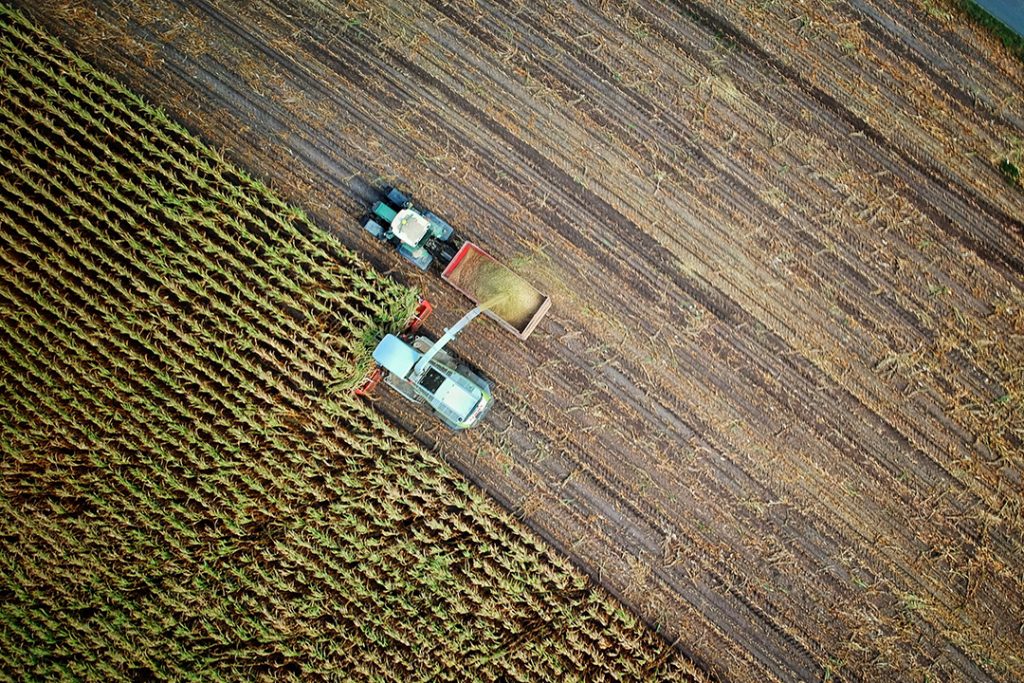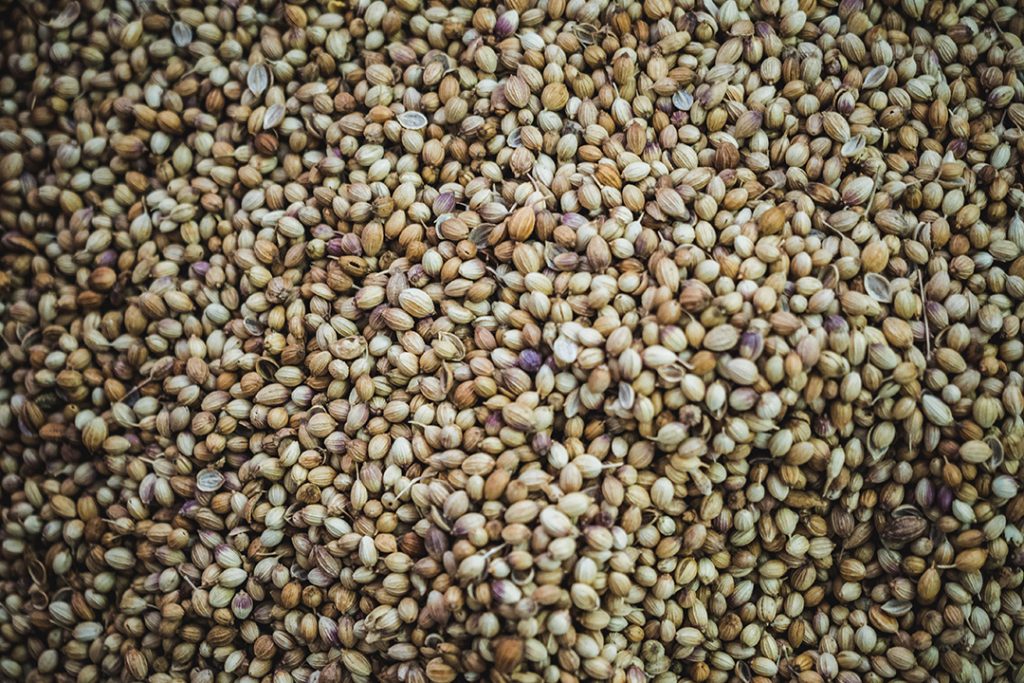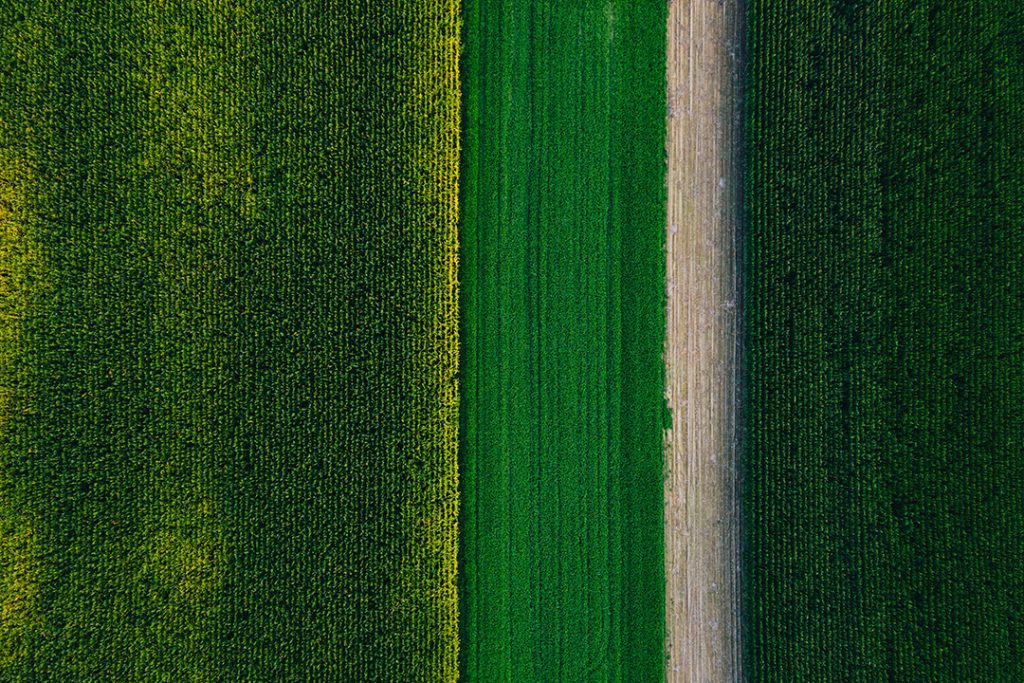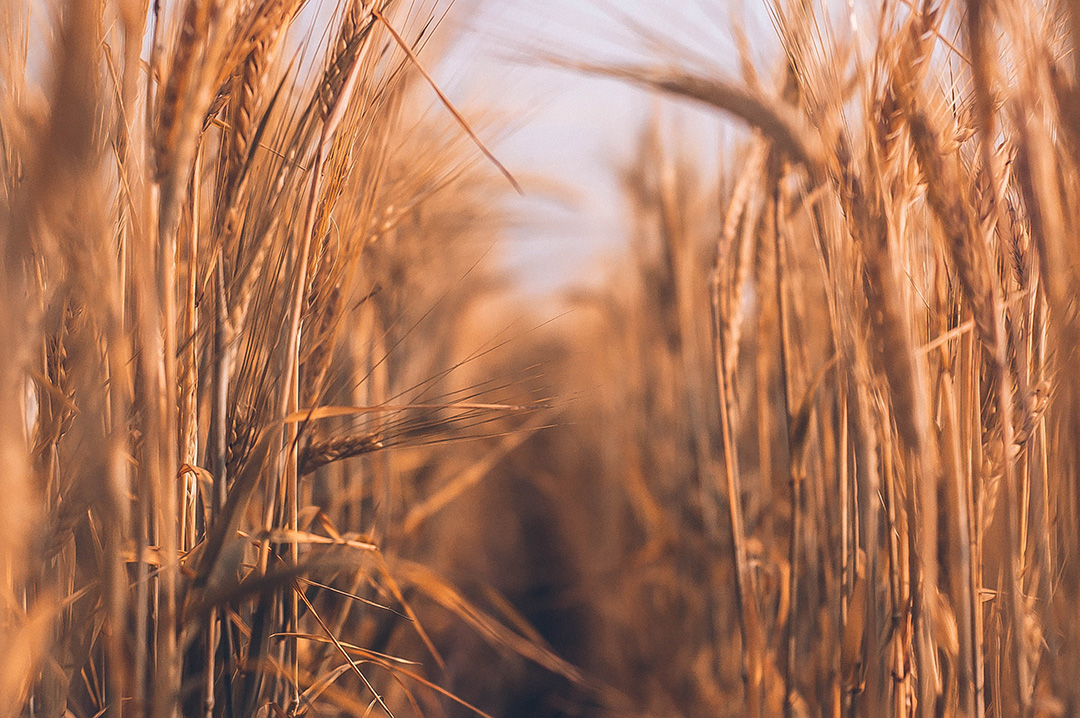Farmers have many tasks throughout the year, including planting seeds, fertilising the soil, harvesting the crops, storing the produce, and transporting their yield to buyers. Bulk bags enable farmers to efficiently collect, organise, ship and distribute their crops, whether it is vegetables, grains or by-products and Custom Bulk Bags (CBB) is proud to assist many in the agriculture business. Here are four ways to use bulk bags for agriculture.
Storage and transport of crops

Bulk bags are ideal for storing and transporting large volumes of various crops. They protect the produce from transit damage and create an organisational storage system that is neat and compact. In addition, bulk bags can be filled and discharged easily and rapidly.
Transportation is a major concern for farmers. If the products are damaged during storage or transit, the crop can lose value. Vegetables, fruits and grains must be handled with care and should remain dry and cool during transport. This safeguard ensures a higher-yielding crop for farmers and more usable materials for consumers and retailers.
Seeds for agriculture

Farmers must stock, ship and store large quantities of seeds at the start of new seasons. Although seeds are generally more durable and less prone to damage during transport, they still require protection. Moisture and heat can cause serious damage, deeming them redundant. Birds and rodents can also get into the seeds if they are not stored properly.
Investing in high-quality bulk bags can protect seeds from water damage, keep them cool and serve as organizational storage and shipping containers. Bulk bags can prolong the dry life of the seeds, allowing them to be used for up to a year, depending on the variety of plant.
Storing fertiliser
Farmers need a way to store other resources for an extended period of time. Fertiliser is critical to the success of any agricultural endeavour. It assists farmers in increasing crop yield by returning nutrients to the soil. The fertiliser must be kept safe and secure when stocked and distributed for agricultural purposes.
Fertilisers come in a variety of types, including organic, inorganic, liquid, semi-liquid and dry. Bulk bags help to conserve all kinds of fertiliser, making loading, unloading and distribution easier. If fertiliser is not properly treated during storage, it can contaminate other products. As a result, the role of bulk bags in keeping the product secure and contained is emphasised.
Initiatives for the environment

Being environmentally conscious in the agricultural industry is essential to conserving natural resources. Bulk bags are reusable and recyclable, which means that farmers can repurpose them for a variety of applications during the season. Since bulk bags are large and durable, farmers are likely to use fewer over the course of a year than they would with cardboard storage containers. A farm that incorporates bulk bags into its daily operations will have a positive impact on the environment.
Bulk bags have many benefits for agriculture. Farmers may use them for a variety of purposes. Their size, shape, configuration and dependability are all beneficial to the sector. Investing in bulk bags will improve profits through better storage and transportation – all the while conserving the environment.
___
Custom Bulk Bags is a South African manufacturer of woven polypropylene bags for various industries, such as mining, chemicals and food. We are able to produce over 3.5-million bulk bags per year, keeping our customers in stock at all times. Our bags adhere to the highest levels of quality as a result of our stringent in-house testing and quality control programmes.
Custom Bulk Bags holds ISO 9001 certification and we currently have a number of UN-certified designs. We are a Level 3 B-BBEE manufacturer and supplier and fall under the ownership structure of Deneb Investments Limited. For more information on our products, contact sales@custombulkbags.co.za. Follow us on Facebook for our latest news and industry insights.
